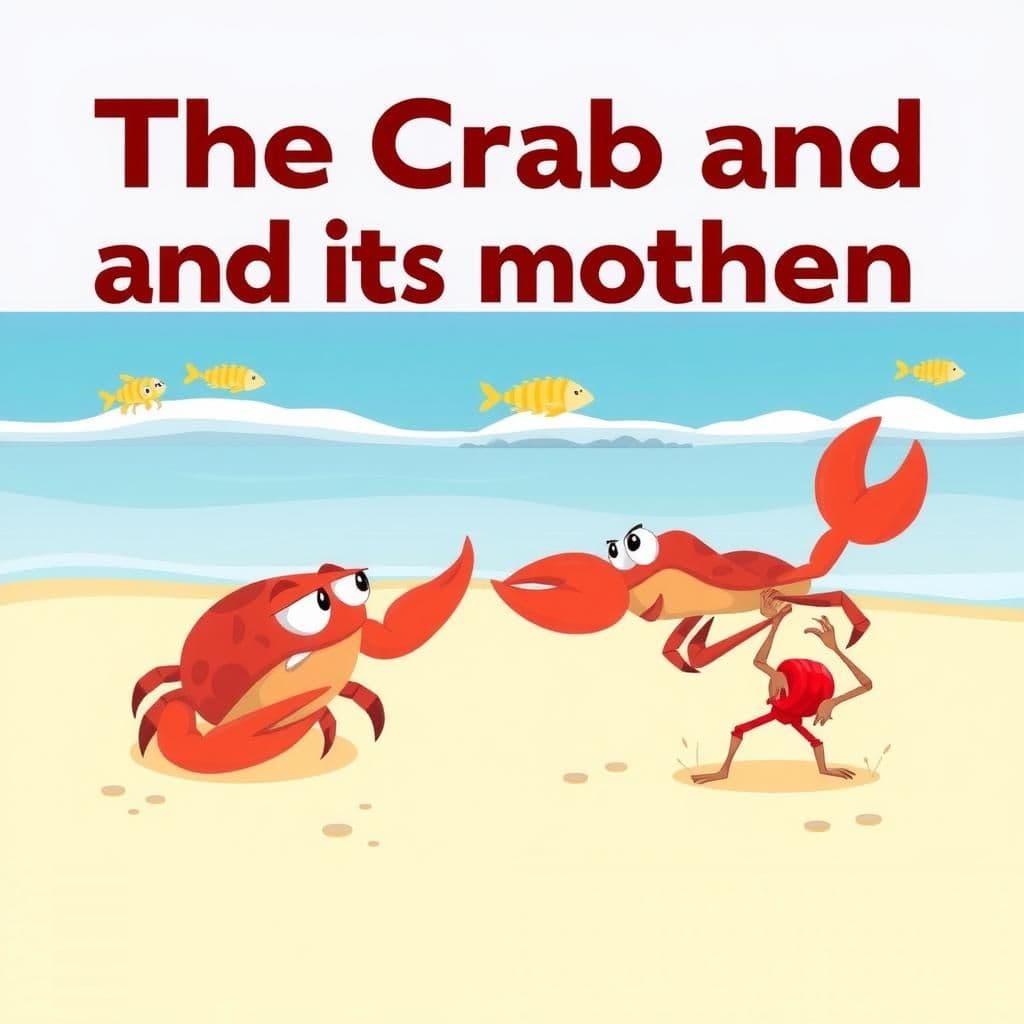The Mole and His Mother
In "The Mole and His Mother," a blind young mole confidently claims he can see, prompting his mother to test him with grains of frankincense. When he incorrectly identifies them as pebbles, she realizes he is not only blind but has also lost his sense of smell. This captivating moral story serves as a reminder of the importance of self-awareness and the value of real-life stories with moral lessons.

Reveal Moral
"The story illustrates that a lack of awareness and understanding of one's limitations can lead to misguided beliefs about oneself."
You May Also Like

A Statesman
In the story "A Statesman," which is part of the realm of well-known moral stories, a politician is challenged at a Chamber of Commerce meeting for his perceived irrelevance to commerce. However, an elderly member defends him by asserting that the politician, as a "Commodity," embodies a valuable lesson from moral stories about the interconnectedness of individuals and their roles in society. This engaging moral tale highlights how even those who seem distant from a topic can hold intrinsic value, echoing themes found in the top 10 moral stories.

The Crab and Its Mother
In "The Crab and Its Mother," a mother crab humorously criticizes her son for walking sideways, urging him to walk straight. However, when he asks her to demonstrate, she is unable to do so, illustrating the educational moral that actions speak louder than words. This short moral story serves as an inspirational reminder that leading by example is more effective than mere advice, making it a standout in the top 10 moral stories.

The All Dog
In "The All Dog," a lion finds humor in the small size of a poodle, mockingly questioning its stature. The poodle, however, responds with dignified confidence, asserting that despite its size, it represents the essence of being a dog. This entertaining moral story highlights that true worth is not defined by size, making it a valuable lesson for young readers in moral stories for class 7.